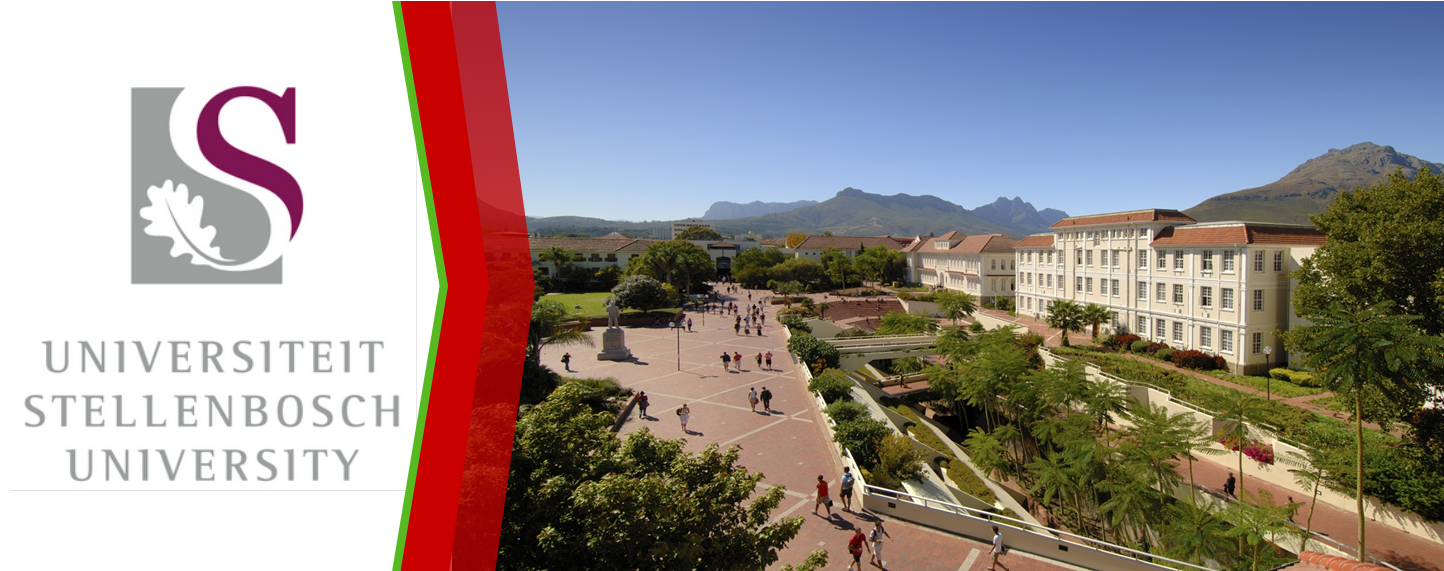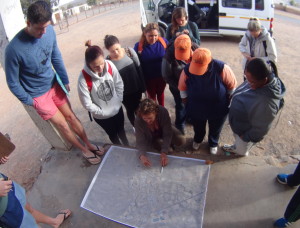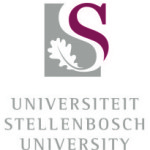
|
It was originally established in 1996 and formerly known as the Disaster Mitigation for Sustainable Livelihoods Programme (DiMP). Though its name and its base of operations may have changed, RADAR’s mission has remained largely the same since its inception almost 20 years ago. RADAR has successfully implemented professional short courses, introduced disaster risk-related post-graduate programme, generated numerous publications and undertaken nationally and provincially-commissioned research on disaster impacts across the Western Cape. |
 |
RADAR has always given priority to building understanding of disaster risks that predominate in the Western Cape of South Africa – through extensive applied research into informal settlement risks, as well as the impacts resulting from recurrent extreme weather events. It has trained more than 400 development and disaster management practitioners in disaster risk reduction and has generated over 40 honours or masters graduates in disaster risk science. During this time, RADAR has engaged with a diversity of stake-holders and role-players, including international non-governmental organizations, international and bilateral assistance partners, as well as local, provincial and national government stake-holders. With respect to its international stature, RADAR is widely regarded as Africa’s most experienced disaster risk reduction capacity development and research centre. As a result of these attributes and capabilities RADAR has been allowed to become the secretariat of complex and challenging initiatives such as the formation and development of Periperi U. |
| Publications and Commissioned Research | ||
|
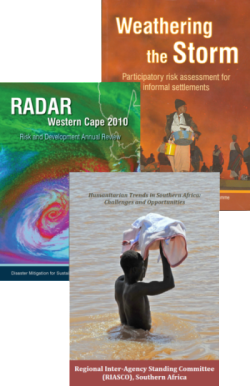 |
|
|
Academic Courses: Stellenbosch University offers two disaster risk-related postgraduate programmes. |
||
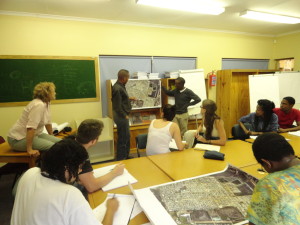 |
BA Honours Module: Disaster Risk Studies
This is a 6-week postgraduate module in the BA Honours in Geography and Environmental Studies degree programme. The module is hosted by the Research Alliance for Disasters and Risk Reduction (RADAR), an internationally recognised Centre of Excellence for Risk Education and Learning for disaster risk reduction. The course provides students with an integrated understanding of disaster risk and its implications for sustainable development in southern Africa, with a specific focus on South Africa. Disaster risk teaching in this course is explained as an outcome of the interplay between human and natural factors. Particular thematic area’s and activities include:
Visit webpage on the RADAR website to see details of the BA Honours Module |
|
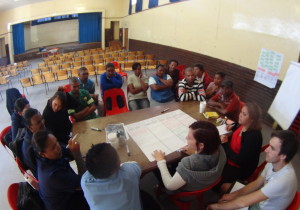 |
Masters in Disaster Risk Science & Development (DRS&D) The programme aims to equip participating students with the skills to investigate, analyse and understand disaster risk. It also seeks to strengthen student capabilities to understand the complex interactions between social and physical risk-producing processes at local, national and regional scales. The course provides students with the skills needed for careers in applied disaster risk scholarship as well as in practice settings including community development, climate change adaptation and disaster risk management / reduction. The MPhil programme combines taught modules with independent research reflected in a mini-thesis. Focus areas include:
|
|
